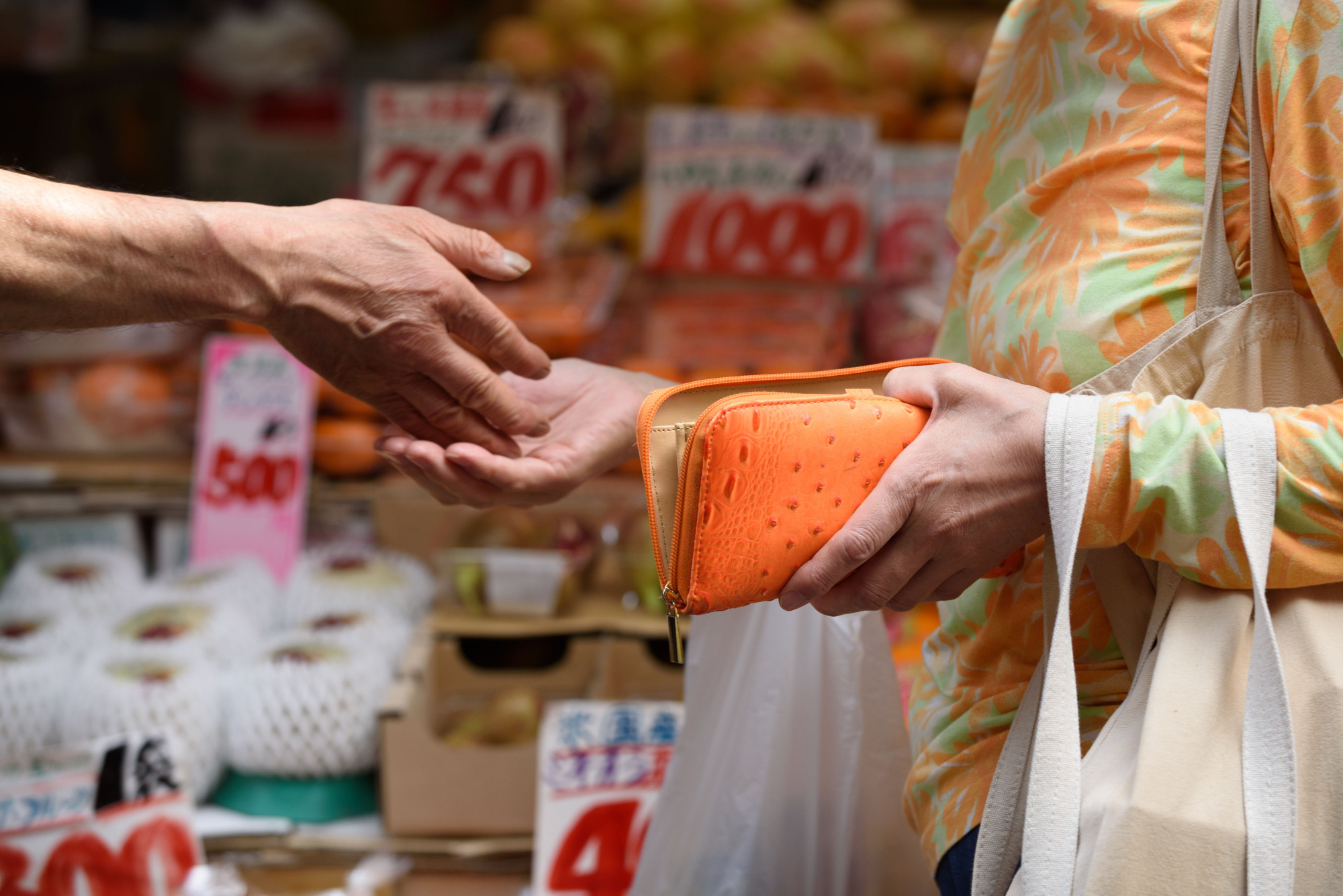On Oct. 15, Prime Minister Shinzo Abe confirmed during an extraordinary Cabinet meeting that the government would raise the consumption tax from 8 to 10 percent next Oct. 1. The tax hike has already been postponed twice owing to jitters over how it might affect consumption. The last consumption tax increase, in 2014, sparked a recession, and reportedly there is still a chance that Abe might postpone the hike once again if economic indicators show a similar scenario. Consequently, the prime minister said the government would do its "utmost to minimize a negative impact on the economy by implementing all sorts of policies."
According to the Mainichi Shimbun, one program under consideration would refund the 2 percent increase for products and services purchased from small- and medium-sized businesses if those purchases were made using cashless payments. Smaller businesses, including those that serve food and provide lodgings, are considered especially vulnerable to income loss after the hike goes into effect, and as the Mainichi points out, consumers who patronize such establishments and use cashless payments could end up paying even less consumption tax than they currently do, since the 2 point hike will not, for a while at least, affect food and some other items. Consumers who shop at these designated stores for food could end up paying only 6 percent in tax.
However, the refund will not be in cash. The purchaser must use a credit card, a prepaid electronic money card or a smartphone with a wallet app in order to qualify for the reduction, and instead of getting cash back they will accumulate "points" that can be used later for other purchases. Credit card companies and other collection agencies will be allowed to set the amount of reward points, so ostensibly it's possible the consumer can get even more value from the refund than just compensation for the 2 percent levy.



















With your current subscription plan you can comment on stories. However, before writing your first comment, please create a display name in the Profile section of your subscriber account page.